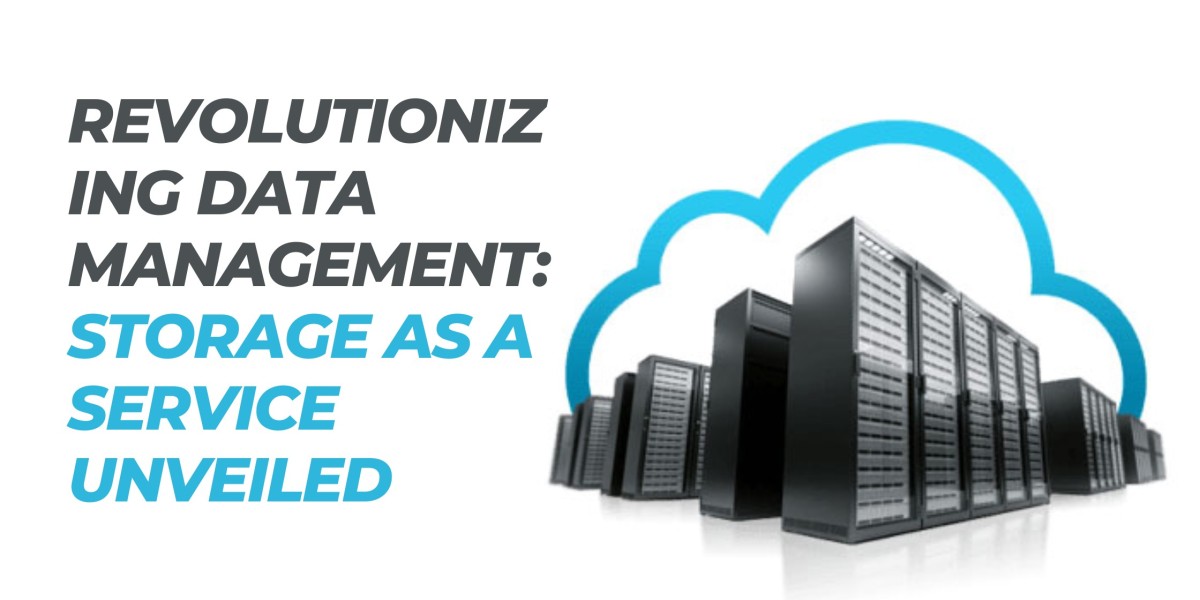The Essence of Storage as a Service
Storage Solutions Beyond Conventional Borders
Storage as a Service, often abbreviated as STaaS, is a revolutionary concept that liberates data from the confines of on-premise servers. It leverages cloud technology to provide a virtual repository for an organization's data, which can be accessed and managed from anywhere, anytime.
Dynamic Scalability: A Game-Changer
One of the key advantages of STaaS is its scalability. Traditional storage systems require careful estimation of storage needs, often leading to over-provisioning or, conversely, under-provisioning. STaaS allows for on-demand scaling, ensuring that businesses pay only for the storage they actually use, making it a cost-effective solution.
Cost-Efficiency and Pay-Per-Use Model
STaaS operates on a pay-as-you-go model. This means that organizations do not have to make substantial upfront investments in physical infrastructure. Instead, they pay for the storage they consume, significantly reducing capital expenditure while maintaining flexibility in data management.
The Architecture of Storage as a Service
Virtualization and Abstraction
STaaS relies on virtualization technologies to pool together various storage resources into a unified, easily manageable interface. This abstraction of physical hardware not only simplifies management but also enhances the agility and flexibility of storage allocation.
Redundancy and High Availability
STaaS providers often incorporate redundancy and high availability features. Data is typically stored across multiple geographically dispersed locations, ensuring that even in the event of a hardware failure or a disaster, data remains accessible and intact.
Security in Storage as a Service
Encryption and Access Controls
Security is a paramount concern in any data management strategy. STaaS addresses this through robust encryption mechanisms, safeguarding data both in transit and at rest. Access controls further bolster security by ensuring that only authorized personnel can view or modify sensitive information.
Compliance and Regulatory Standards
For organizations operating in regulated industries, compliance with industry-specific standards is non-negotiable. Reputable STaaS providers often adhere to a range of regulatory requirements, offering peace of mind to businesses that their data is being managed in accordance with the highest industry standards.
Integration with Existing Infrastructure
Seamless Integration for Enhanced Efficiency
One of the standout features of STaaS is its compatibility with existing IT ecosystems. Organizations can seamlessly integrate STaaS with their current software and hardware setups, reducing disruption and allowing for a smooth transition to this new data management paradigm.
The Future of Data Management: Embracing Storage as a Service
Storage as a Service represents a pivotal shift in how organizations approach data management. Its scalability, cost-efficiency, and robust security features make it an attractive option for businesses of all sizes. By embracing STaaS, enterprises position themselves at the forefront of a data-driven future, equipped to navigate the complexities of the digital age with agility and confidence.



